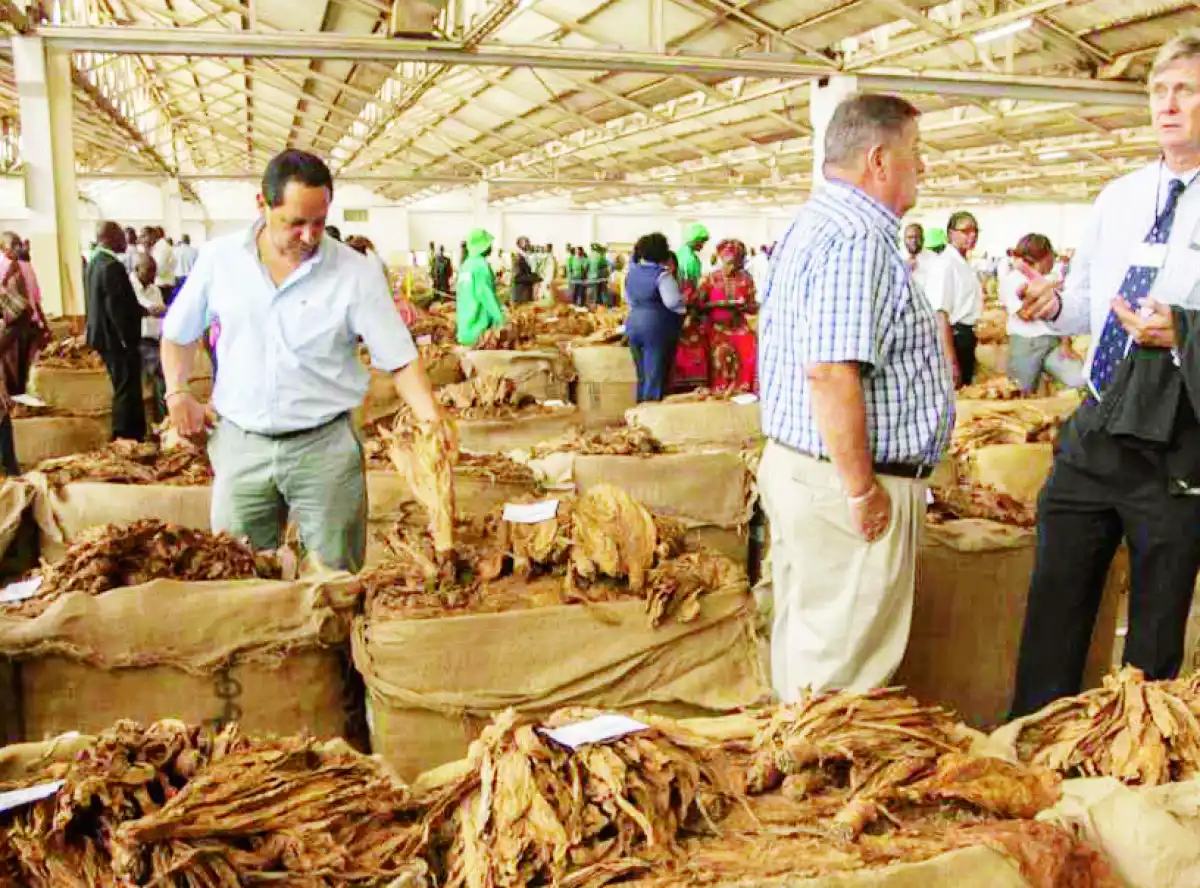
Now this is undiluted police brutality delivered with the utmost callousness. And this is why the Lilongwe Principal Resident Magistrate Court’s revulsion over the same could not have been shown in a different way. Anyone can be arrested after being suspected of committing a crime, and can be prosecuted by a competent court of law, get convicted or acquitted. But the country’s police behave as if anyone they pounce on is guilty. How they forget the simple principle that they are supposed to treat everyone as innocent until proven otherwise. The police are primarily law enforcers but in their infatuated understanding of the purpose of their powers, they ludicrously also act as prosecutors, judge and jury all packed in one person.
This is what their actions this past week in their arrest and treatment of Member of Parliament for Rumphi East Kamlepo Kalua, human rights activist Bon Kalindo and Church of Central Africa Presbyterian cleric Livingstonia Synod Kondwani Chimbirima Gondwe show.
Police said they arrested the three people for their alleged inflammatory social media posts regarding the June 10 2024 plane crash that killed the country’s Vice-President Saulos Klaus Chilima and eight other officials. According to the police, the voice notes in question contain serious criminal elements as defined by the Electronic Transactions and Cyber Security Act. The police further said the posts have the potential to incite violence and disorder.
The circumstances surrounding the plane crash have caused so much anguish among Malawians. And so much has been said about the accident, some of them incriminatory. But most of them have been ignored or accepted as part of the mourning because people have no answers to the many vexing questions they have about the cause of the plane crash. No wonder, during Chilima’s funeral service at the Bingu National Stadium in Lilongwe President Lazarus Chakwera acknowledged this when he said: ‘‘Namalira samutseka pakamwa.’’ This was an admission that mourners are prone to say anything out of anger some of which may even border on criminality, but he would thus let go anything the mourners would say. But the police chose not to hear this.
Be that as it may, one could forgive the police if they arrest people they deem to have broken the law because their job is to do just that—arrest law-breakers—and not to check how people are mourning. And so I would have no problem with them doing their job professionally.
But not when they take suspects over 360 kilometres away from where the arrests are made. Kamlepo was arrested in Blantyre and then driven to Namitete in Lilongwe over 370 kilometres away. Kalindo was arrested in Lilongwe and then transferred to Dwangwa in Nkhotakota over 250 kilometres away. On the other hand, Rev. Gondwe was arrested in Mzuzu and transferred to Lilongwe, again over 368 kilometres away from where he was arrested. Why transfer the suspects away from where they can quickly be visited by relations and quickly seek legal representation? It can only be to make it difficult for their family members and friends to visit them. It can only be to make life tough for them. That is a wrong attitude the police musty shed at all cost.
As if that is not bad enough, the law does not allow the police to keep a suspect in custody for over 48 hours before taking them to a court of law to be told their charges. But in all the three cases, police kept the suspects in custody for over four or five days. The motive for this can only be to exact as much pain and torture on the suspects as they can. If this is not wanton abuse of their powers, then nothing is.
Respect is earned but how do citizens respect the law enforcers when they (the police) are the first to break the law with wanton abandon? The police need the citizens to succeed in their work, and there are some very professional officers and men in the system, but the service is also fraught with too many bad eggs which are tarnishing the image of the whole service. It is time the police took a long look at themselves and saw the shame and felt the embarrassment they are bringing to the service.








0 Comments